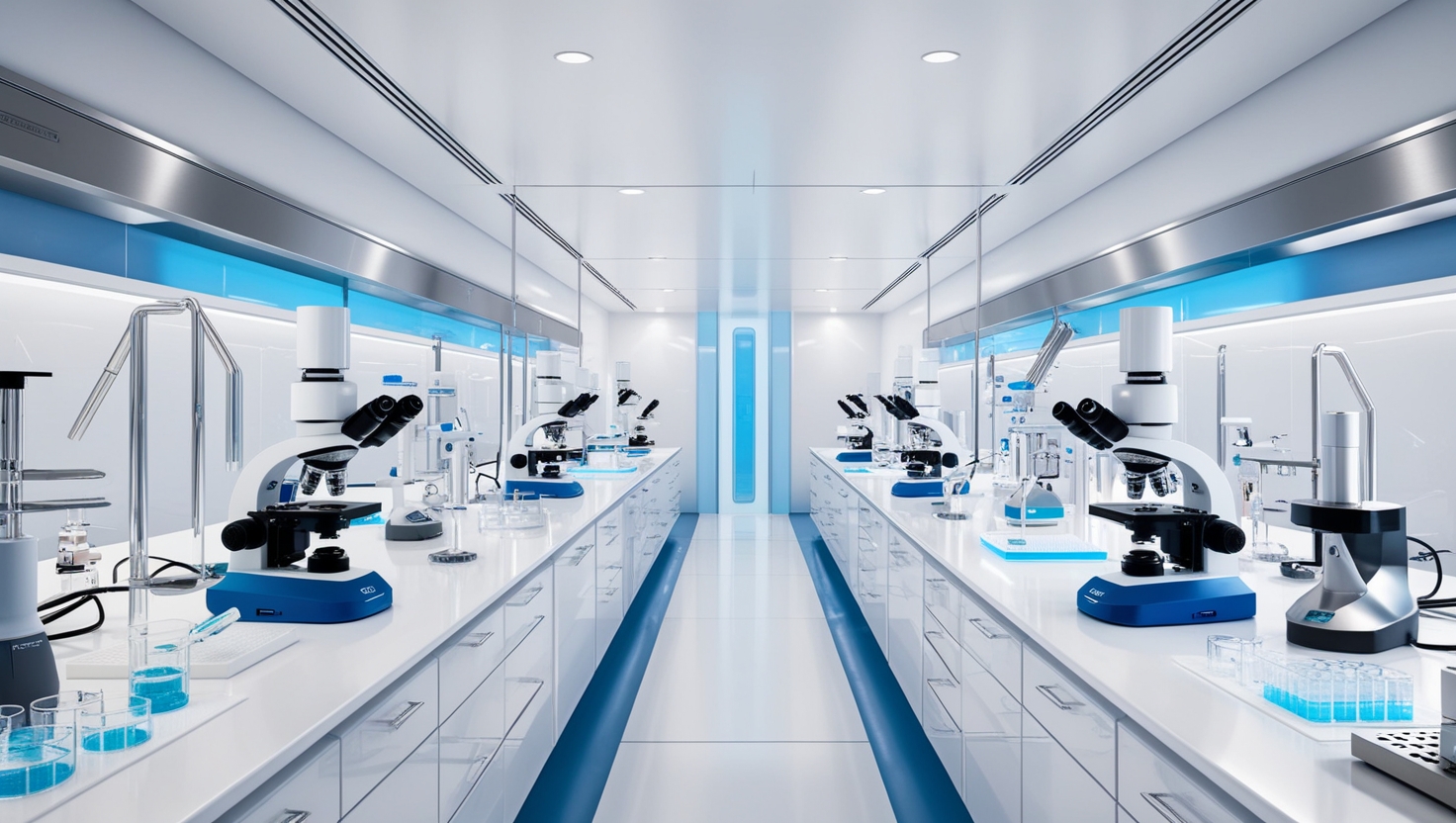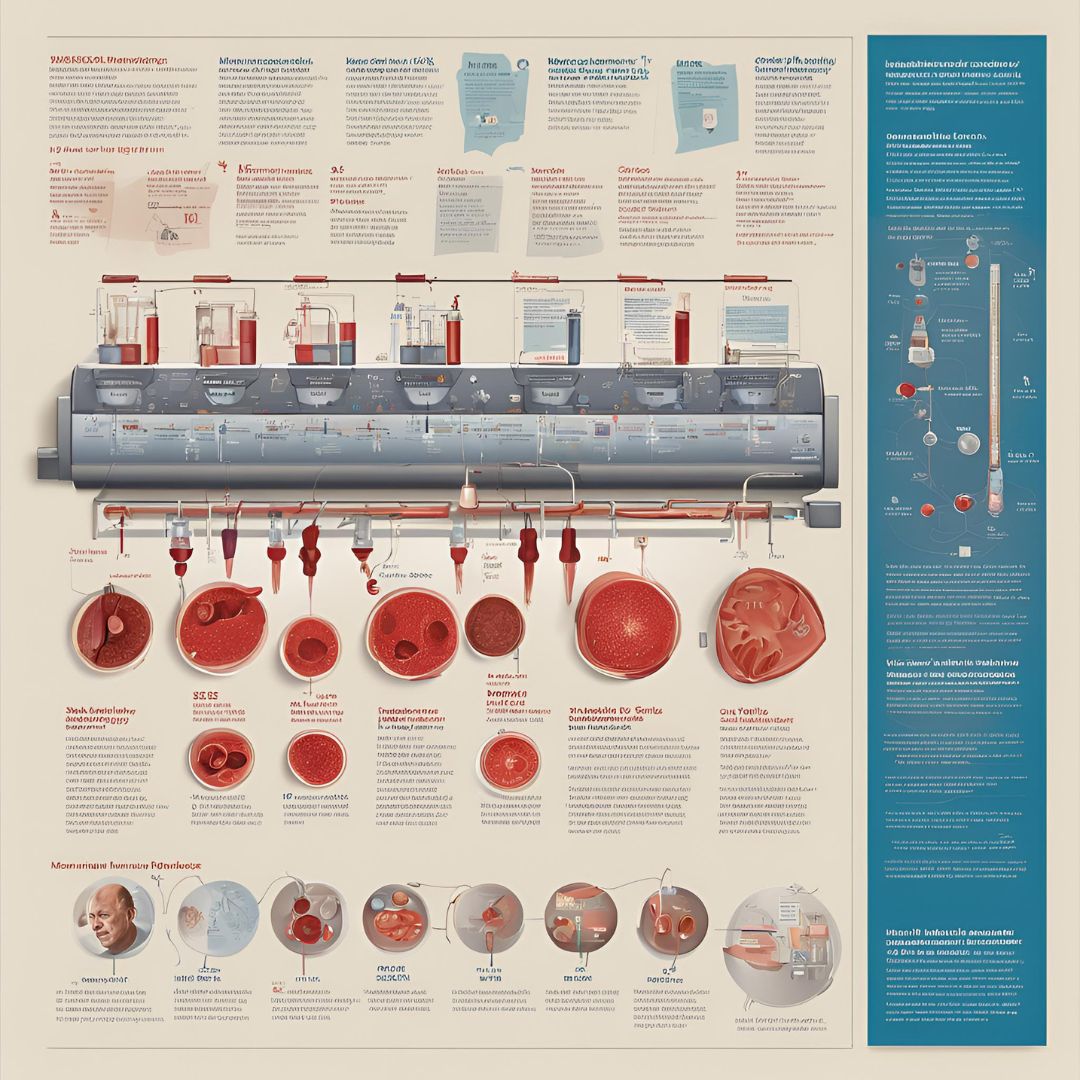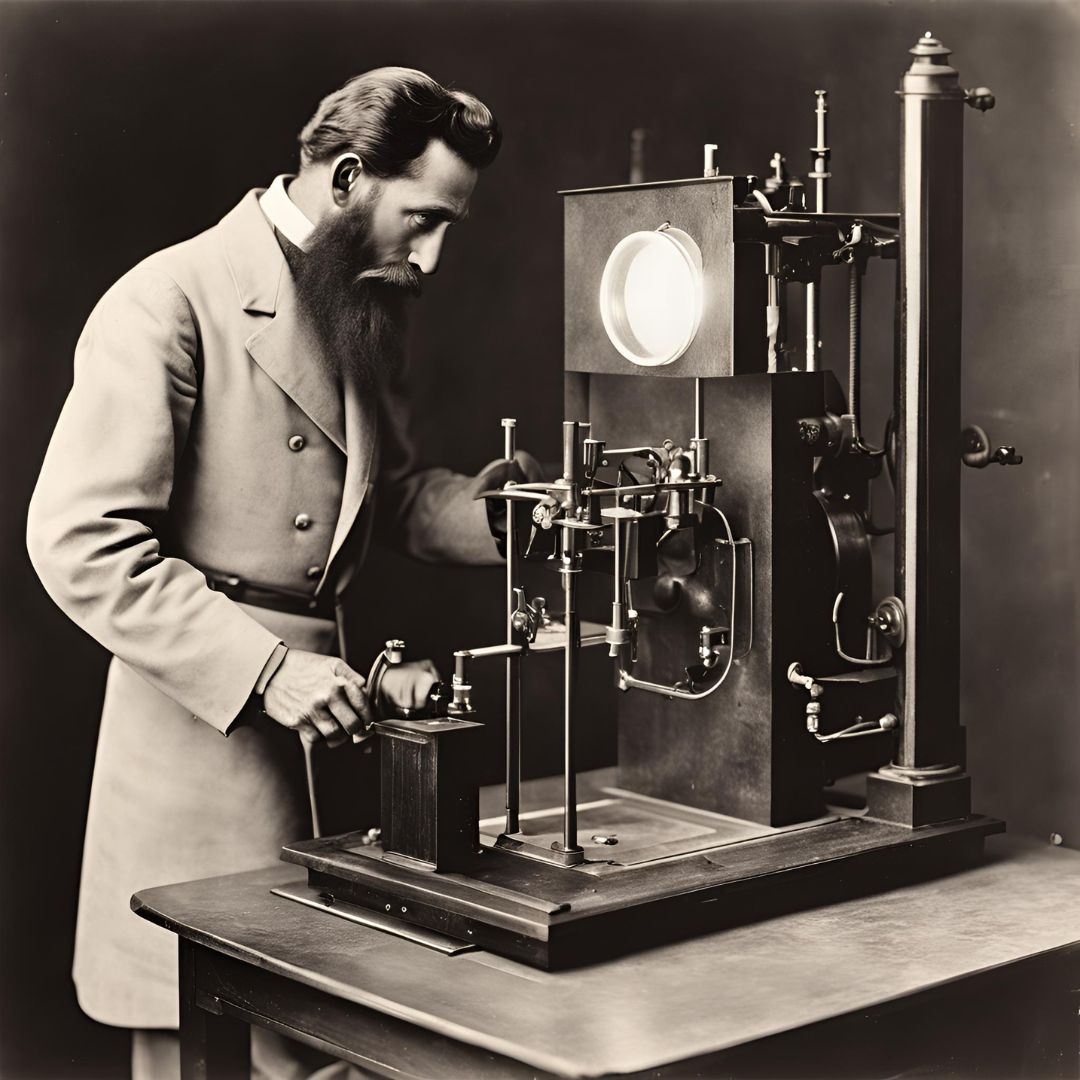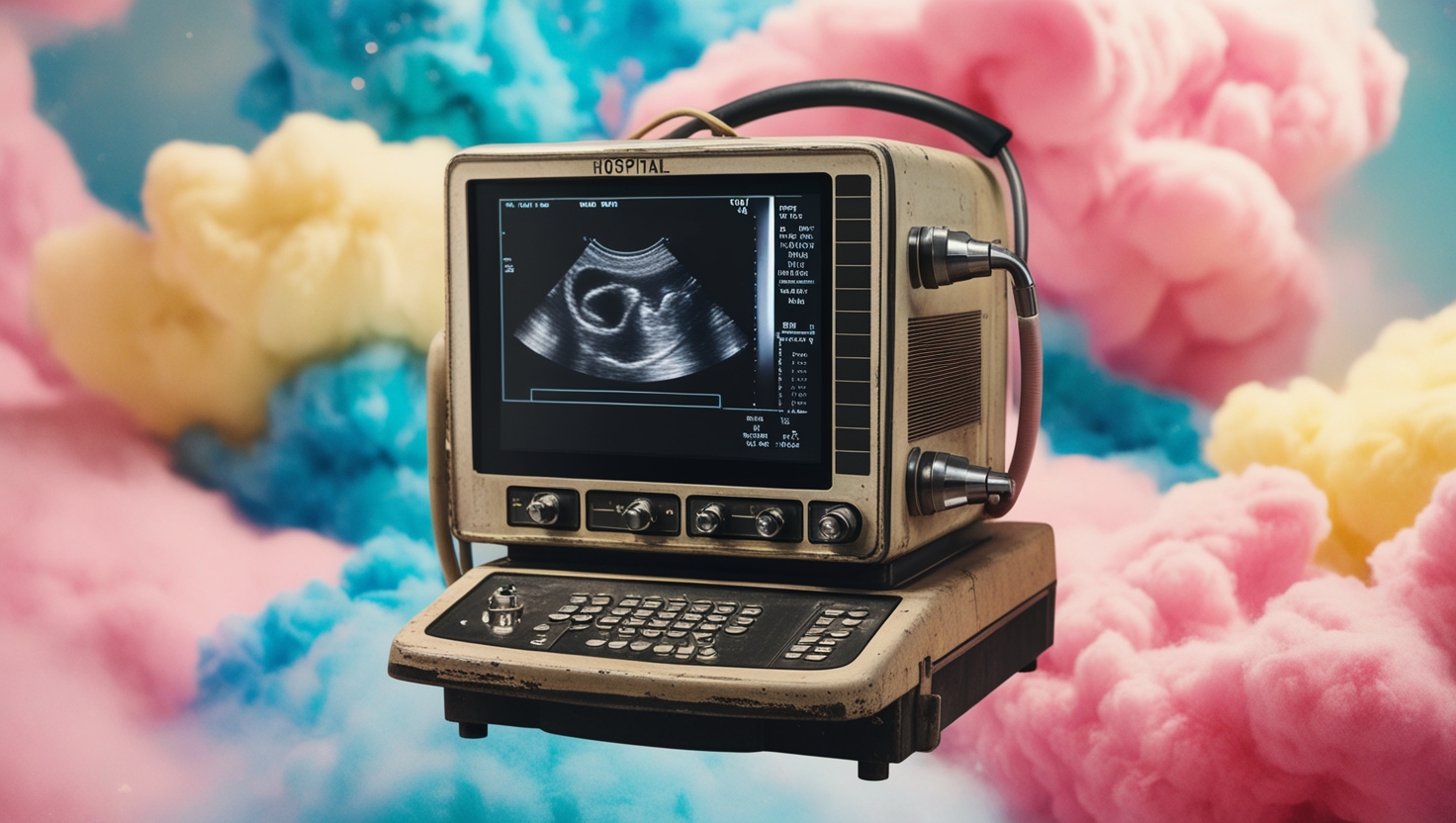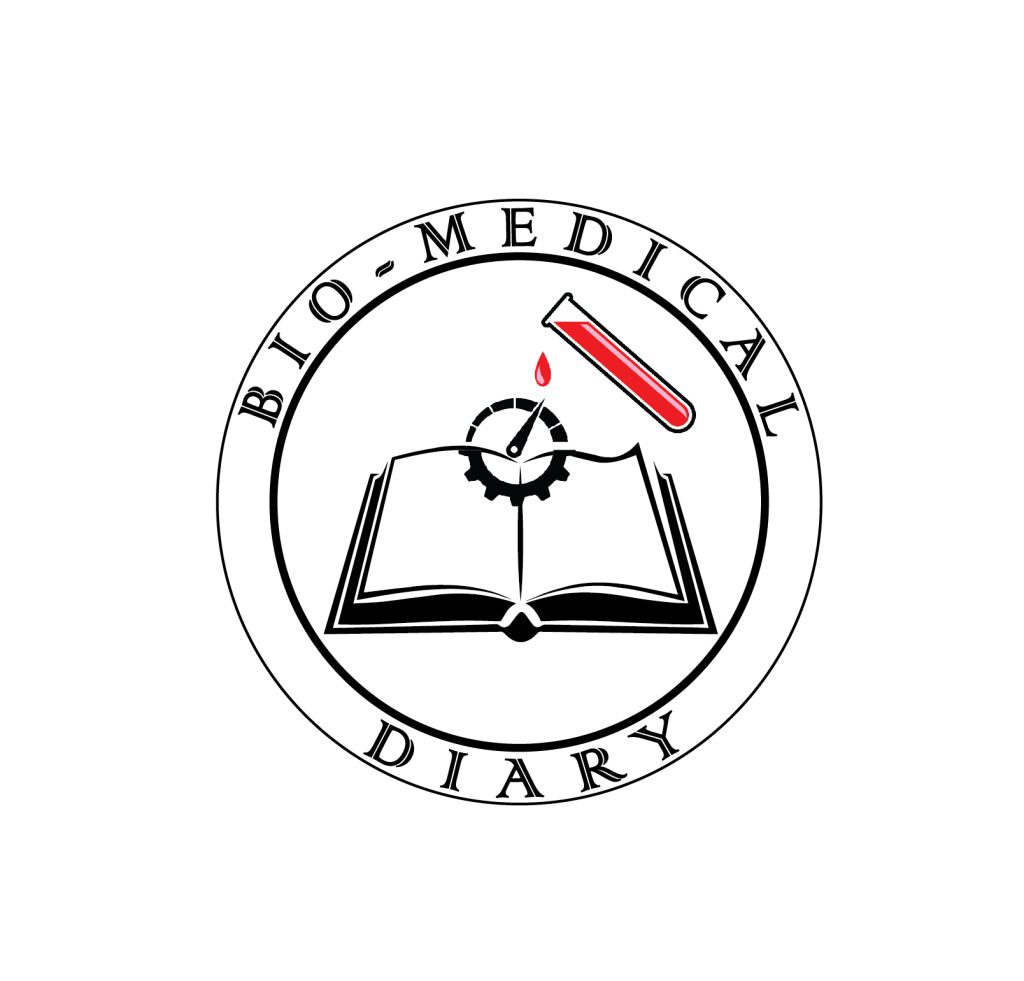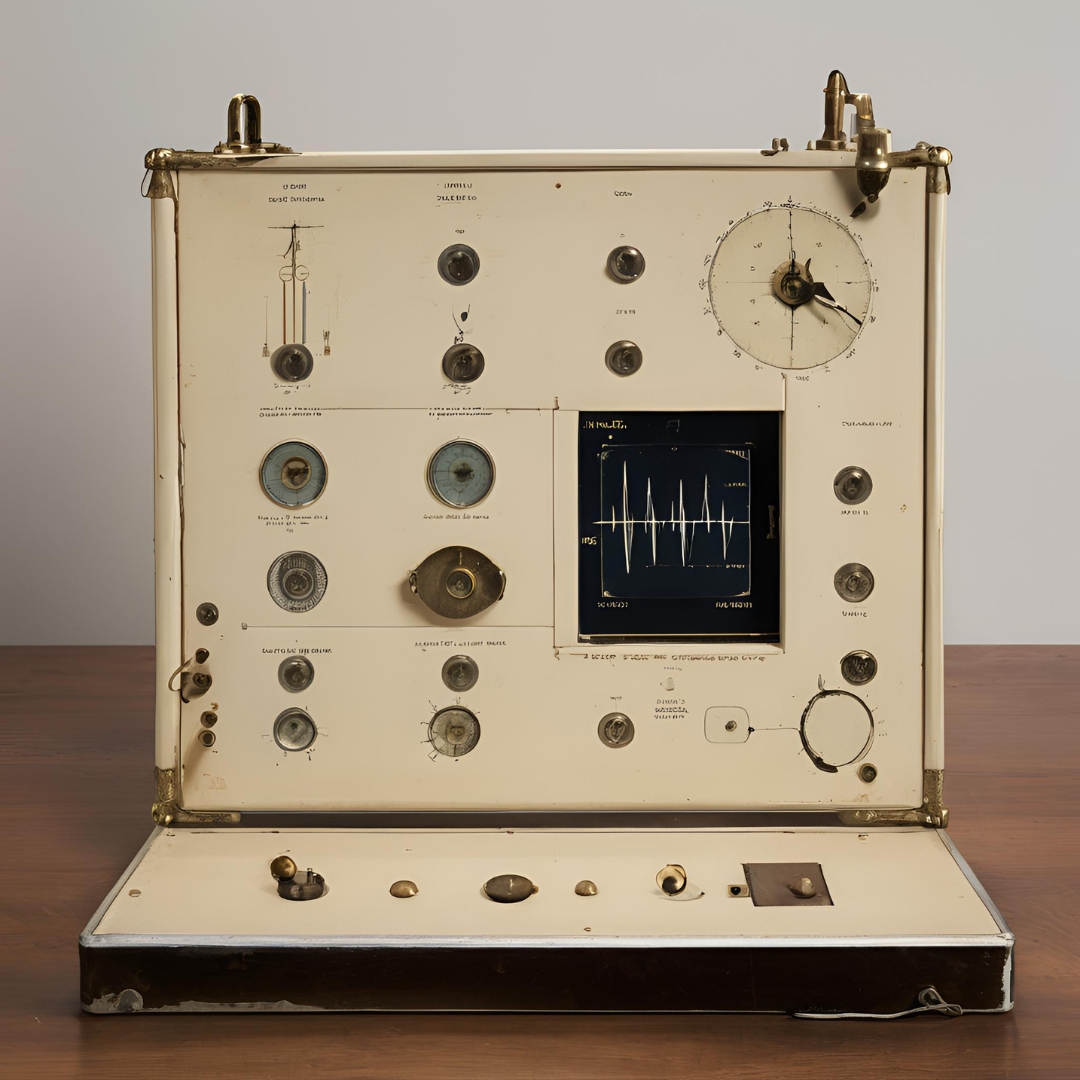Medical Devices: My Experience as a Biomedical Engineer
I’ve dedicated much of my career to medical devices, essential tools for both patients and healthcare providers. These range from basic instruments like syringes to complex machines like pacemakers and MRI scanners. Working in this field has been both challenging and rewarding, as the innovations we create have the potential to transform lives.
What Are Medical Devices?
Medical devices are any instruments, machines, or implants that are used to diagnose, prevent, monitor, or treat medical conditions. They play an essential role in patient care, often making the difference between life and death.
Developing medical devices is not just about technical problem-solving for me; it involves understanding the human body, diseases, and how technology can enhance treatments. From heart monitors to wearables for chronic disease management, these devices merge medicine, engineering, and empathy.
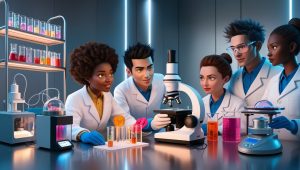
My Work with Medical Devices
Over the years, I’ve worked on a variety of projects that have allowed me to see the profound impact medical devices can have on people’s lives. Let me share a few key areas of my work:
- Life-Saving Devices: Some of the most fulfilling work I’ve done involves the creation of life-saving devices. Pacemakers, for instance, are small devices implanted in the chest to regulate abnormal heart rhythms. I’ve been part of teams that worked to improve these devices—making them smaller, longer-lasting, and more reliable. Knowing that these innovations help millions of people live longer, healthier lives is what drives me to keep improving the technology.
- Diagnostic Tools: Another area where I’ve focused my efforts is diagnostic devices. Portable ultrasound machines and smart stethoscopes are just a few examples of how medical devices can revolutionize diagnosis, especially in under-resourced areas. With these devices, doctors can get accurate, real-time information about a patient’s condition, even in remote locations. My work on these tools has helped make healthcare more accessible and more accurate for patients everywhere.
- Wearable Technology: Wearables are one of the most exciting developments in medical devices today. Fitness trackers, heart monitors, and even continuous glucose monitors are empowering patients to manage their health in real-time. I’ve worked on several projects that develop wearable devices, ensuring that they are both comfortable and reliable for patients who rely on them daily. These devices can alert users and doctors to potential health issues before they become serious, leading to earlier interventions and better outcomes.
- Implants and Prosthetics: I’ve also had the privilege of working on implantable devices and prosthetics. Devices like artificial joints, cochlear implants, and neurostimulators have transformed the lives of millions of people. These technologies allow patients to regain function, mobility, and even senses that were lost due to injury or illness. Working on these projects reminds me every day of the incredible impact that engineering can have on improving quality of life.
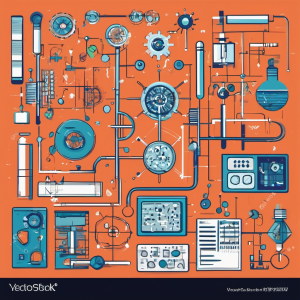
Challenges in Medical Device Development
Of course, developing medical devices comes with its own set of challenges. Safety and reliability are always top priorities.
When a device is implanted or used on a patient, we cannot afford errors. We must conduct extensive testing and validation to ensure that devices perform reliably under various conditions.
Another challenge is staying on top of regulatory requirements. Medical devices must go through strict regulatory approvals before they can be used in hospitals or sold to patients. Navigating this process is complex but essential for ensuring that the devices we produce are both effective and safe.
Why Medical Devices Matter
Medical devices are crucial in modern healthcare. They make many procedures possible and save countless lives. For instance, dialysis machines aid chronic kidney disease patients, insulin pumps help diabetics control blood sugar, and prosthetic limbs restore mobility to amputees.
Throughout my career, I’ve witnessed the significant impact of these devices. I’ve developed tools for detecting early heart disease, monitoring vital signs during surgery, and improving diagnostic accuracy. Each new device reminds me of the patients who depend on our work for a better life.
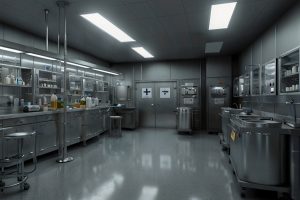
Looking Ahead: The Future of Medical Devices
The future of medical devices is incredibly exciting. Advances in nanotechnology, 3D printing, and artificial intelligence (AI) are opening up possibilities we could only dream of a decade ago.
For instance, developers are creating AI-driven diagnostic devices that analyze data faster and more accurately than human doctors. They’re making 3D-printed prosthetics more affordable and customizable, ensuring a perfect fit for patients’ needs. Researchers are exploring nanorobots as tools for delivering medication directly to diseased cells, offering hope for more targeted and effective treatments.
One of the most exciting trends I see is the rise of personalized medical devices. With advancements in genetics and personalized medicine, devices can be tailored to an individual’s unique biology. Imagine a pacemaker that adjusts its function based on the patient’s real-time physiology or an implant that releases medication only when it detects a problem—these are the kinds of innovations that we’re on the brink of developing.
Final Thoughts
As a biomedical engineer, working in the field of medical devices has been incredibly rewarding. These innovations play a vital role in healthcare, improving the quality of life for millions of people around the world. Every new project is an opportunity to push the boundaries of what’s possible and make a real difference in the lives of patients.
Through my work, I’ve seen how medical devices save lives, improve outcomes, and offer hope to people facing medical challenges. I’m excited to continue working in this field and to see where the next wave of innovation will take us.
Thank you for joining me on this journey through Biomedical Diary—I look forward to sharing more of my experiences and insights as we continue to explore the incredible world of biomedical engineering together.
